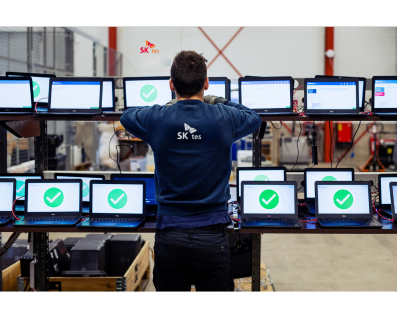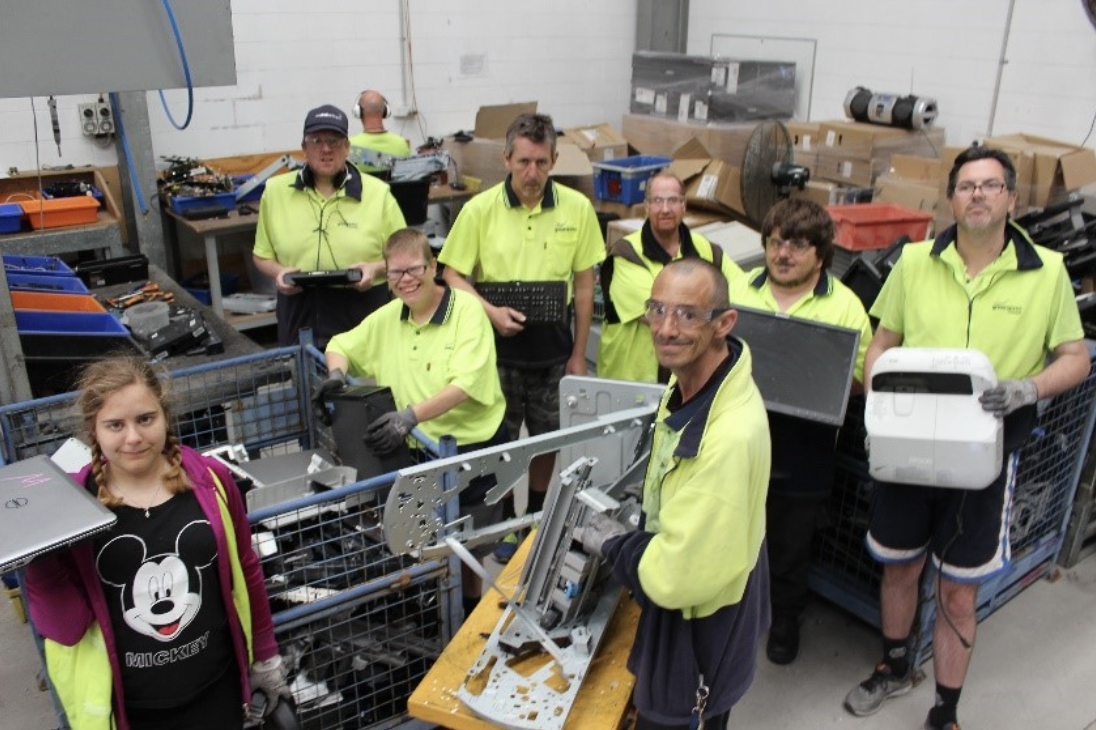Many of us are focused on the key objectives when it comes to building a more sustainable post-COVID economy. This is, of course, the right thing to do - but we also need to consider the holistic approach concerned with how we achieve those objectives.
For example, we can ask what our supply chains may look like in a post-COVID economy or determine a set number for the reduction of emissions, but the key thing to remember is that without putting sustainability at your core, any drive towards it will be imbalanced and off the mark.
How to Establish Sustainability as a Core Purpose?
Rebuilding a post-COVID economy also depends on this realignment. In a speech by Dr. Arunabha Ghosh, the CEO of the Council on Energy, Environment and Water and Jamshyd N. Godrej, the Chairman of Godrej & Boyce and Chairperson of the Council on Energy, Environment and Water, they write:
“The green economic recovery cannot succeed without the full engagement of the private sector.”
9 steps on how do businesses go about establishing sustainability as a core purpose:
There are 9 steps on how can businesses establish sustainability as a core purpose:
1. Ideology over idiocy (a phrase coined by Malcolm Turnbull former prime minister of Australia)
Ignore the naysayers and chart a course, which is based on the science and evidence in front of you.
2. Create a purpose
Mission statements provide an incentive to employees, give clarity to customers and standardize the objectives in an easily understandable narrative.
3. Understand green market disruption
It’s better to be the disruptor in a market rather than being disrupted. For example, look at the fossil fuel industry and the inroads renewable energy companies are making in taking away their business. Every service will be redefined to include sustainability.
4. Identify clear goals with your purpose in mind
Determine what you want to change and what benefits you can gain or create from this. Your targets need to be measurable, specific and driven by data.
5. Create accountability
When it comes to sustainability, transparency and accountability are key. When delivering on your sustainability goals, you need a governance system that assigns accountability so the vital granular performance data is accurately recorded and presented to the relevant stakeholders.
6. Engage your employees and community
You can do this by rewarding, recognizing and developing their efforts. Listen to their ideas and make it easy for them to involve themselves.
7. Sustainable procurement
Identify every distinct process within your business - how can these be more sustainable. For example, could you source energy from a renewable energy company? How about your technology - what’s the usual lifecycle?
8. Engage your customers
Make it known that you’re pursuing increased sustainability. Be transparent about your sustainability initiatives and the steps your business is taking. Communicate with your customers, partners, community and others via your website, social media, newsletters, and packaging to share your progress and future goals. Customers appreciate brands that are open about their journey, even if they are still in the process of becoming fully sustainable.
9. Pursue collaboration and partnership
Sharing resources and kknowledge with with industry, governments, and communities, sparks collaboration and partnerships. The journey is easier if we do it together.
“We need ambitious, clear and common targets for a nature-positive world,” continued Dr. Ghosh and Godrej. “We need implementation support on financing, capacity development, transparency and accountability.”
Without the engagement of the private sector and a reappraisal of business processes through a ‘green’ lens, the transition to a more sustainable economy is much more difficult. But by following this guidance and partnering and collaborating with similar-minded organizations who can help you reduce your footprint, we can collectively begin to capitalize upon a more sustainable tomorrow.
This blog is written by:

Alvin Piadasa, Group Sustainability Director
Alvin is a global advocate for sustainable stewardship approaches to Information Communications Technology (ICT) and battery energy management. At SK tes, Alvin is realising the mission to deliver more holistic sustainable approaches in ITAD for IT equipment and data center equipment and more.







